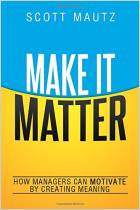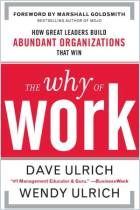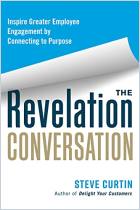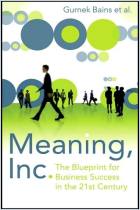
Read offline
Recommendation
Most people want to feel their work has meaning, and they perform better when they do. But can managers enhance employees’ sense of meaningfulness? Catherine Bailey of the University of Sussex and Adrian Madden of the University of Greenwich studied what creates – and destroys – a sense of meaningfulness at work. In a fascinating report published in the MIT Sloan Management Review, the authors suggest actions managers can take to foster meaningfulness – and the demoralizing missteps they should avoid.
Summary
About the Authors
Catherine Bailey is a professor in the department of business and management at the University of Sussex in Brighton, United Kingdom. Adrian Madden is a senior lecturer in the department of human resources and organizational behavior at the business school of the University of Greenwich in London.


















Comment on this summary or Démarrer une discussion